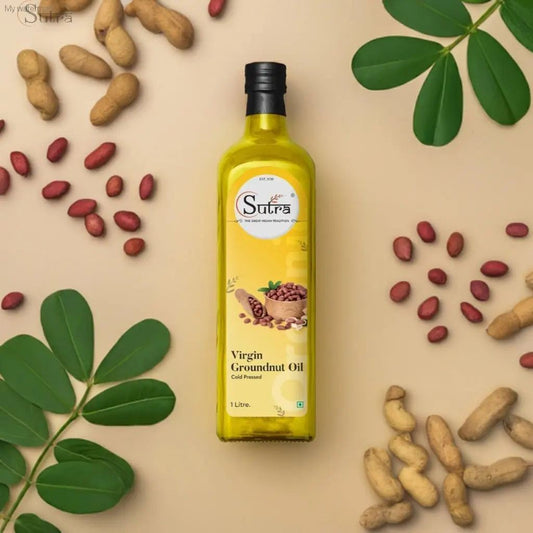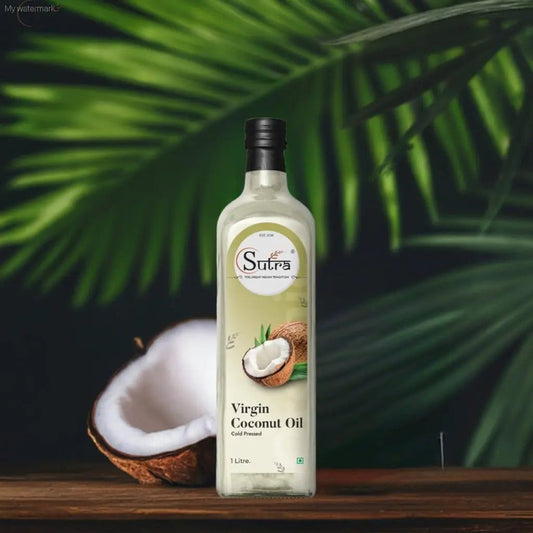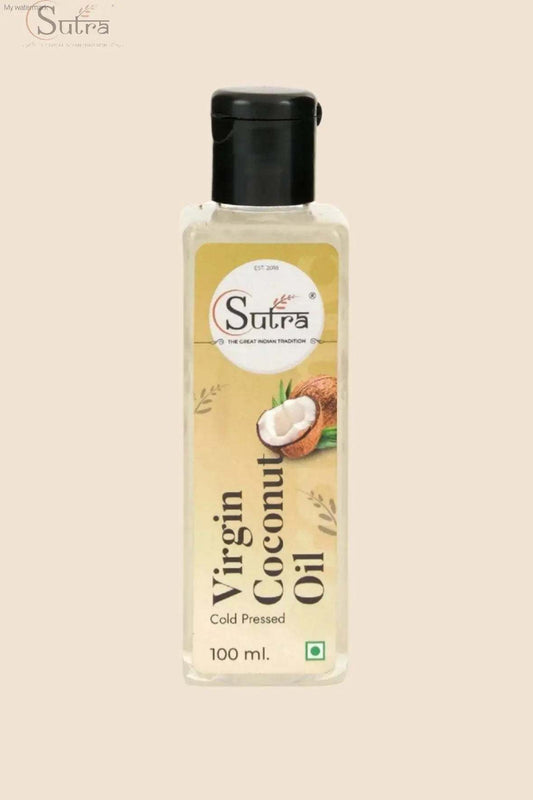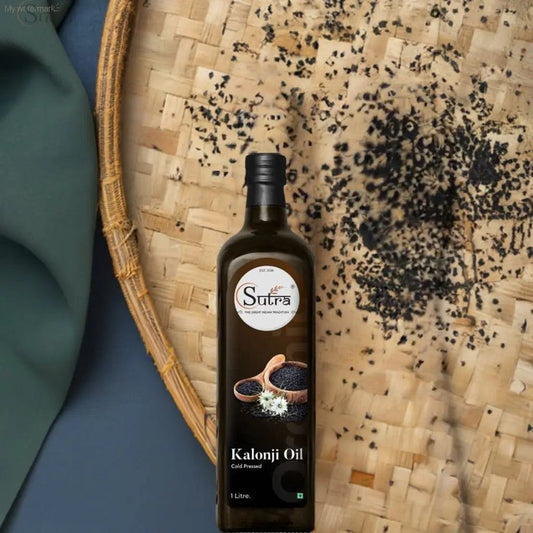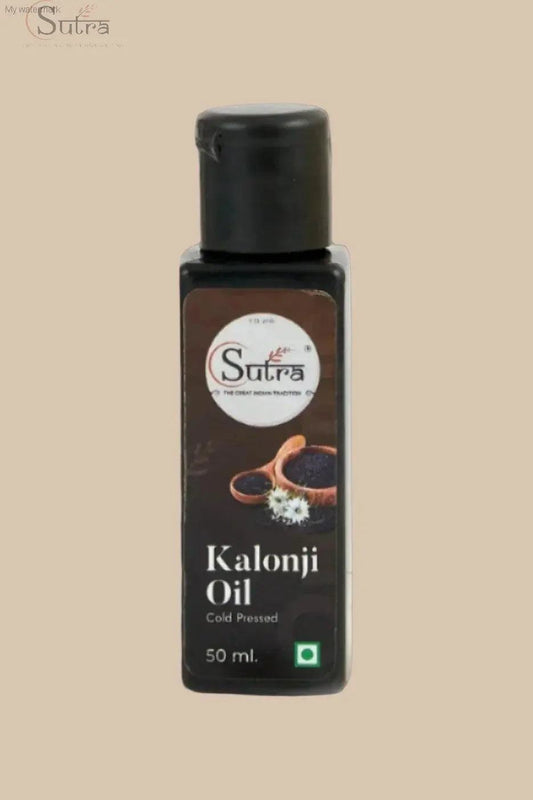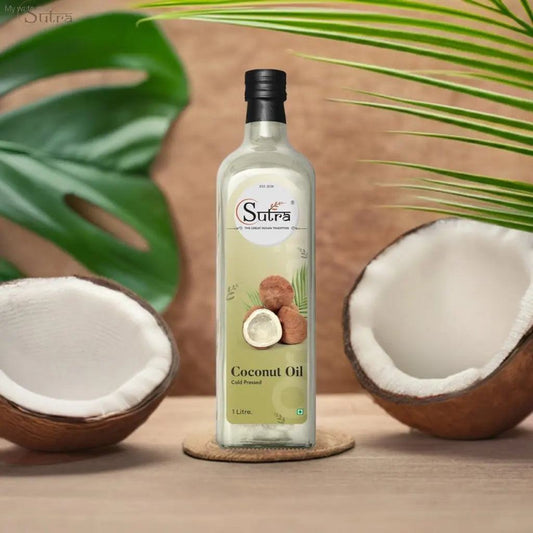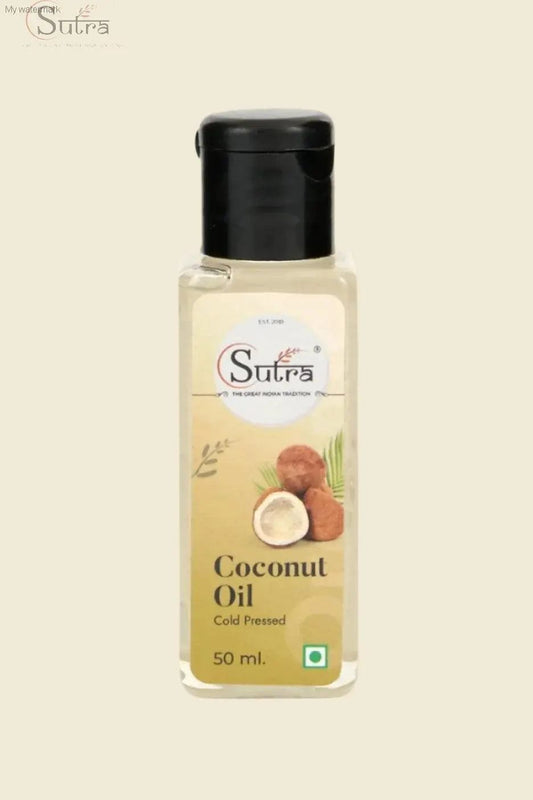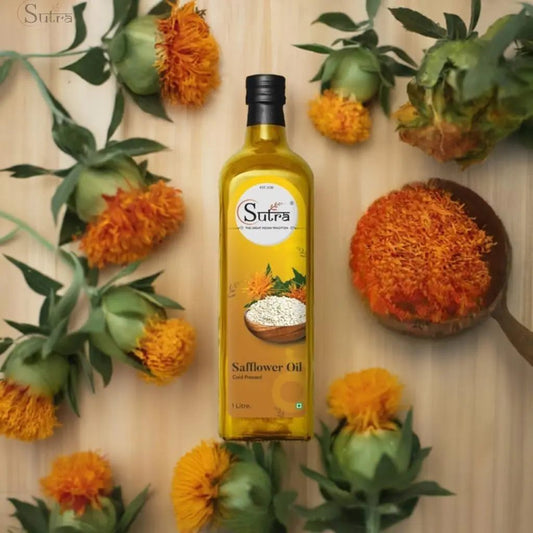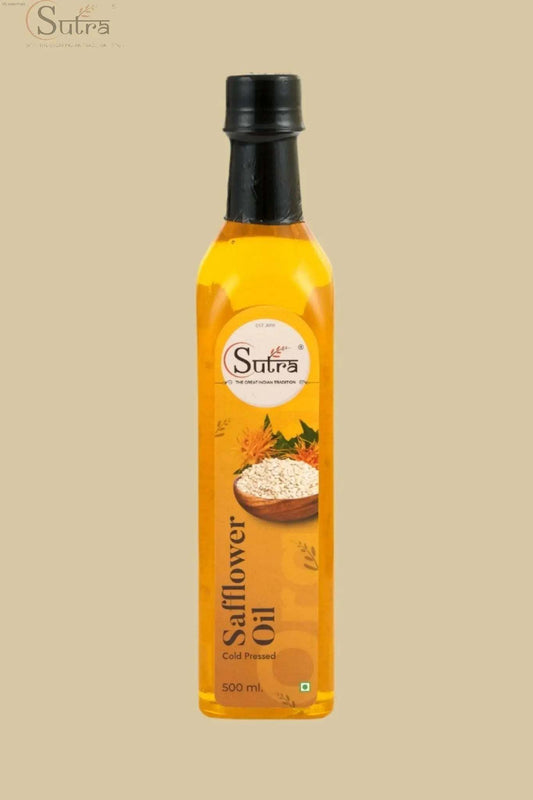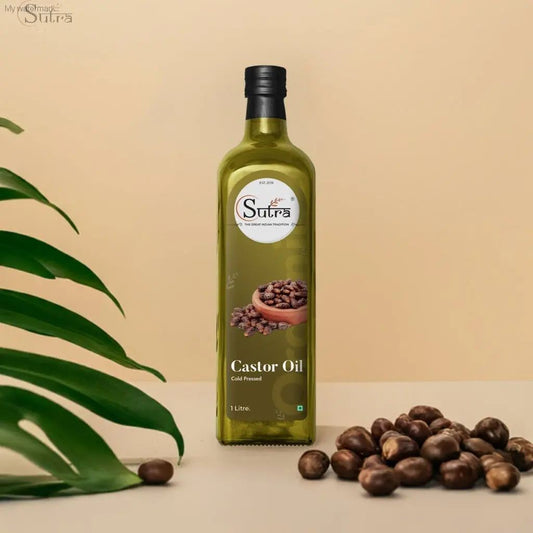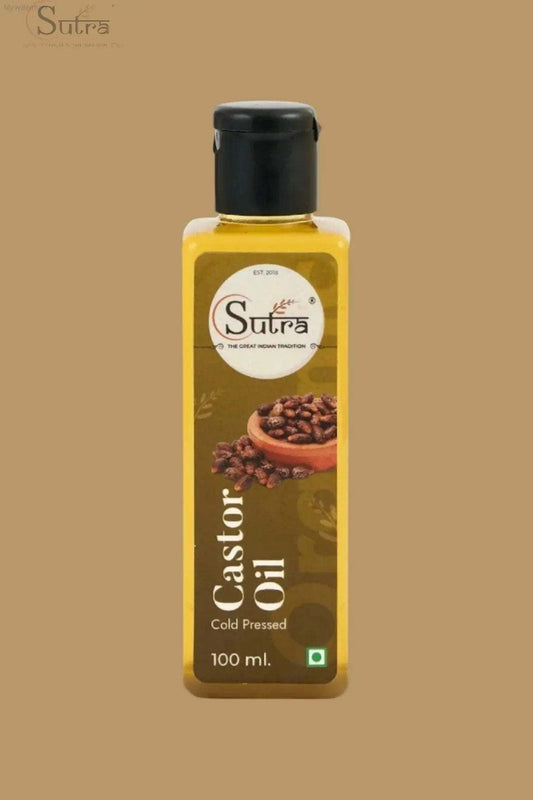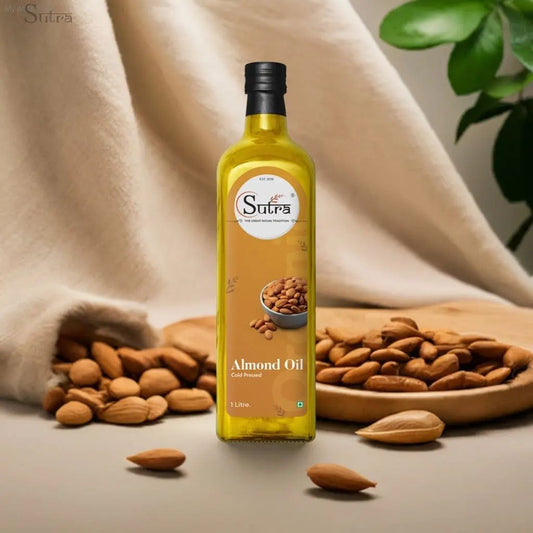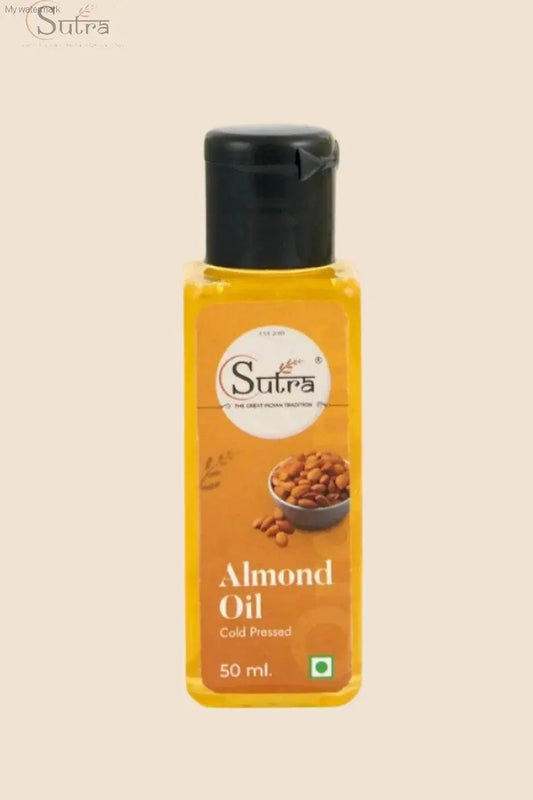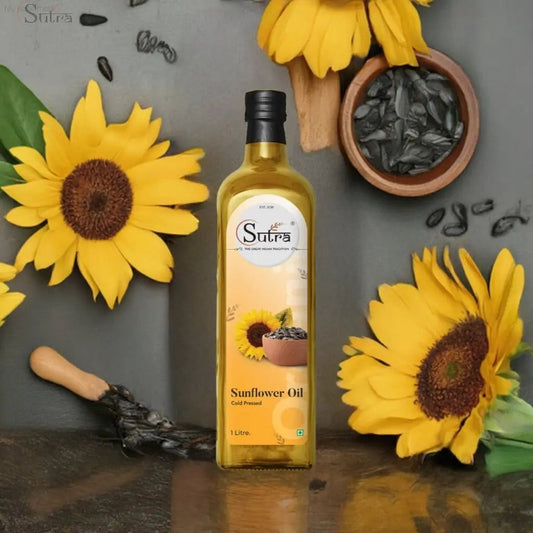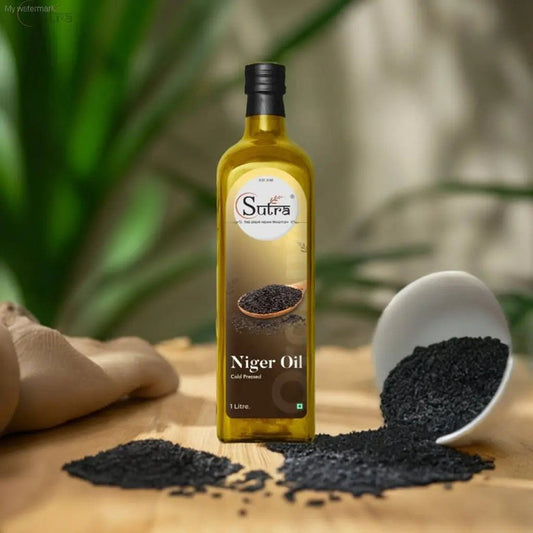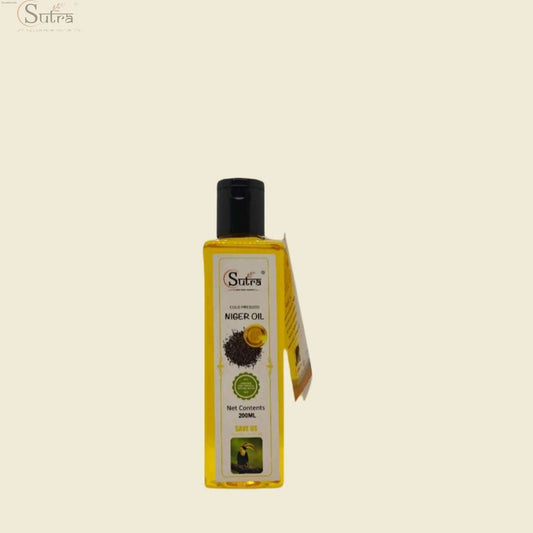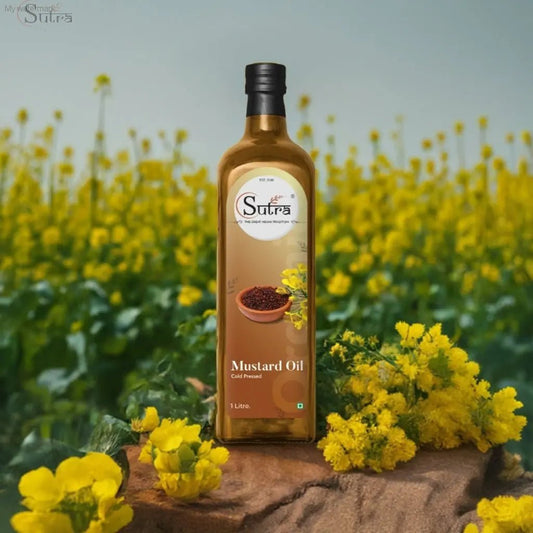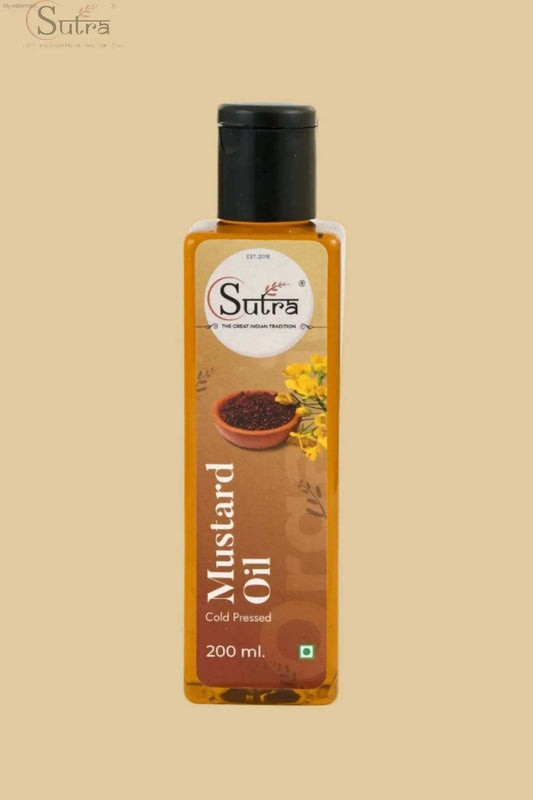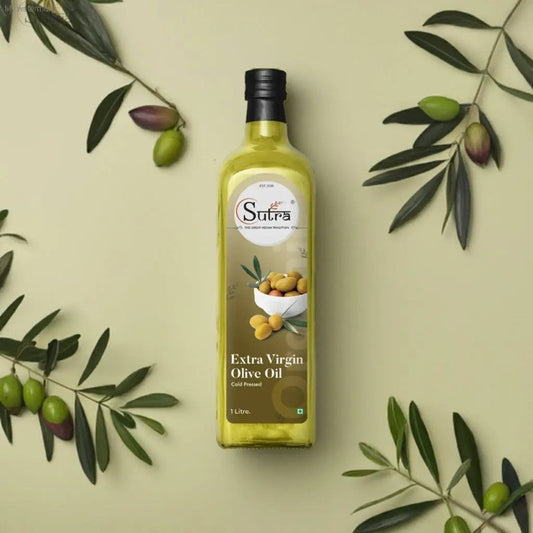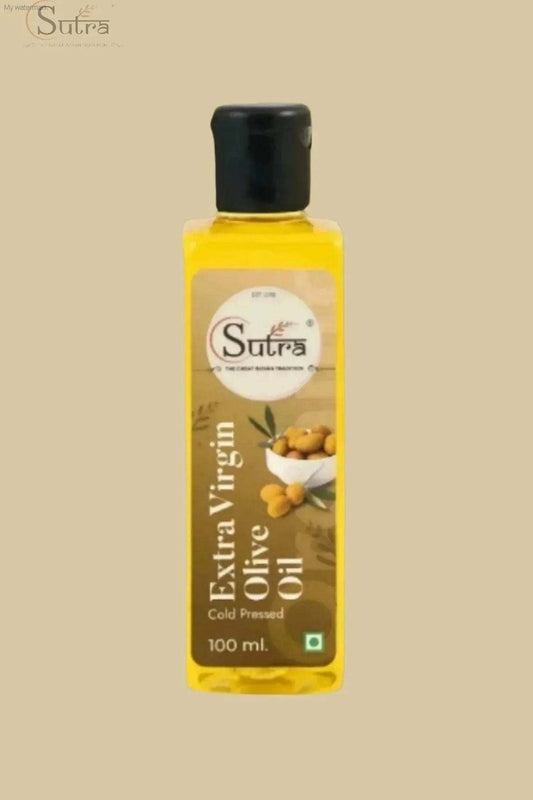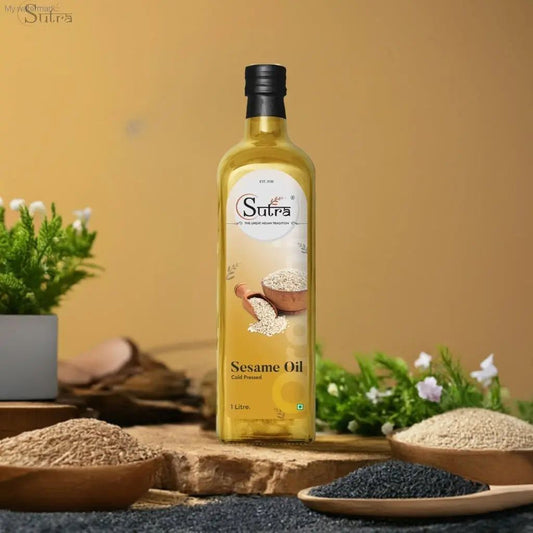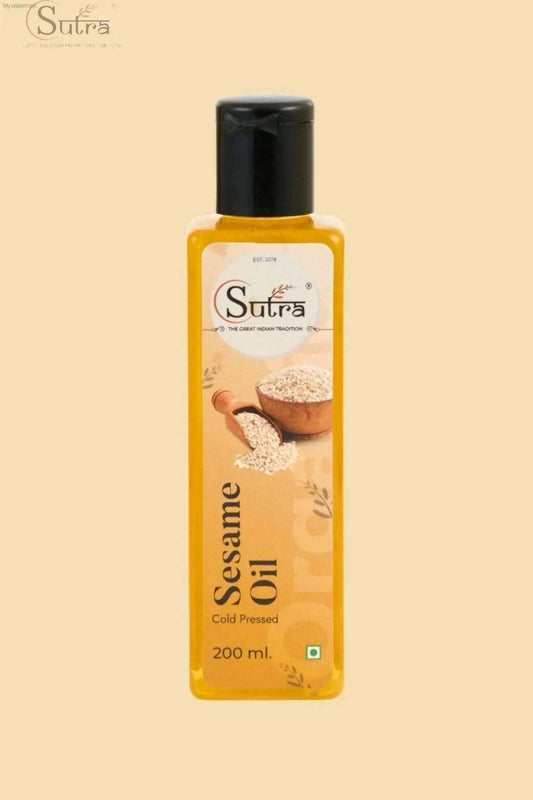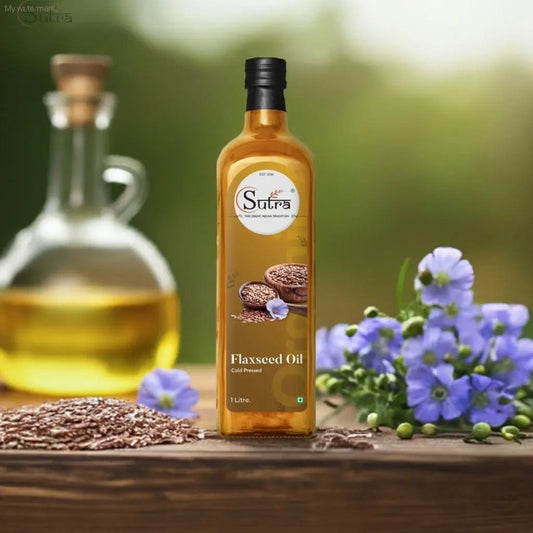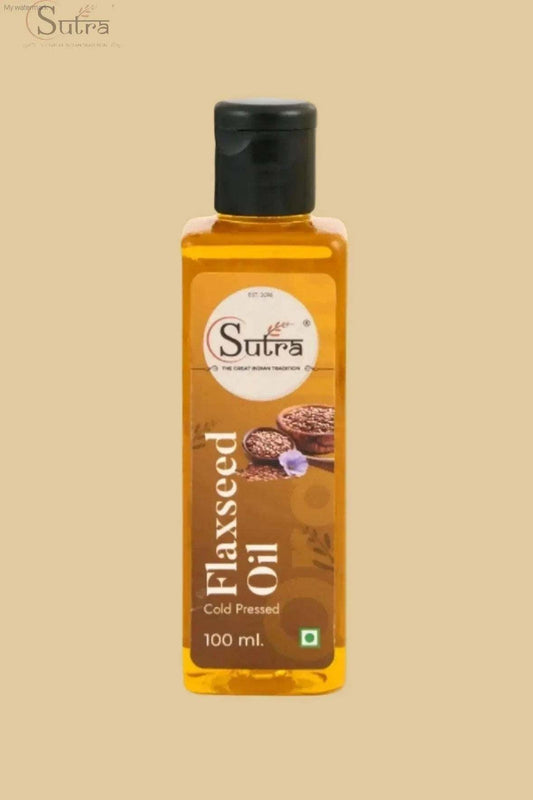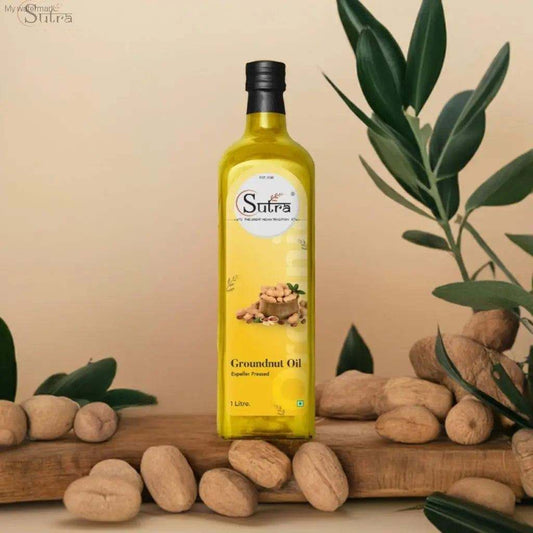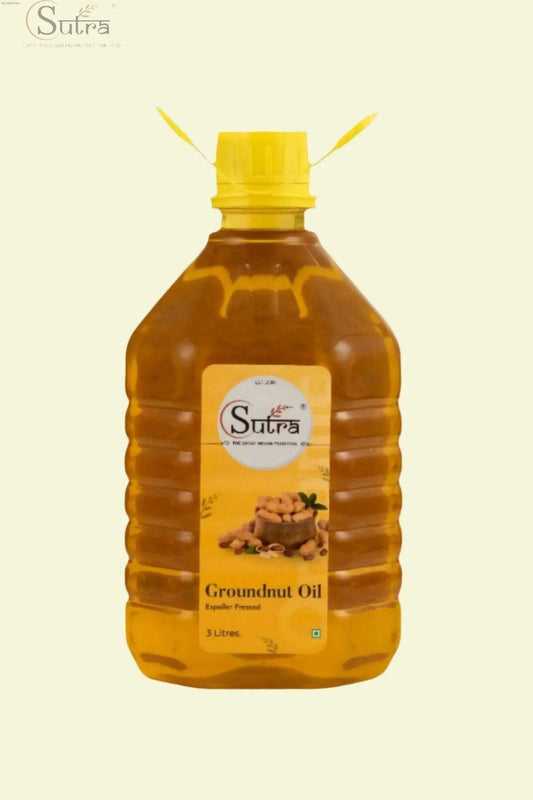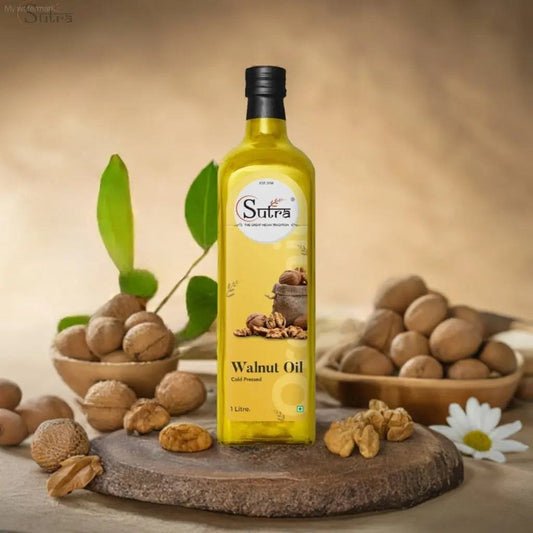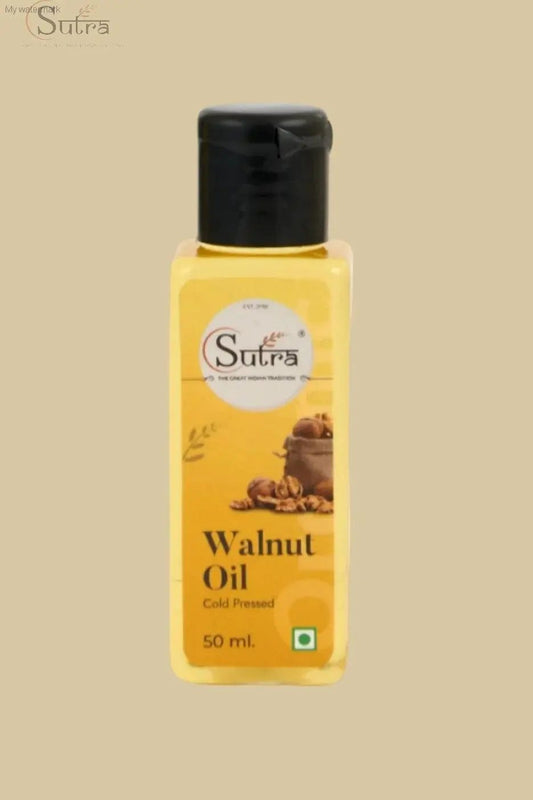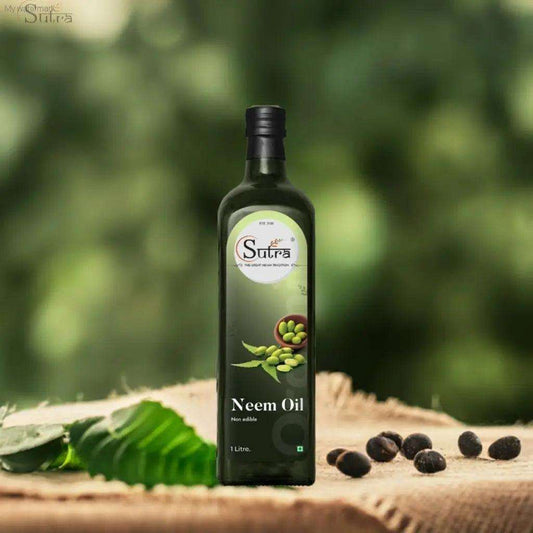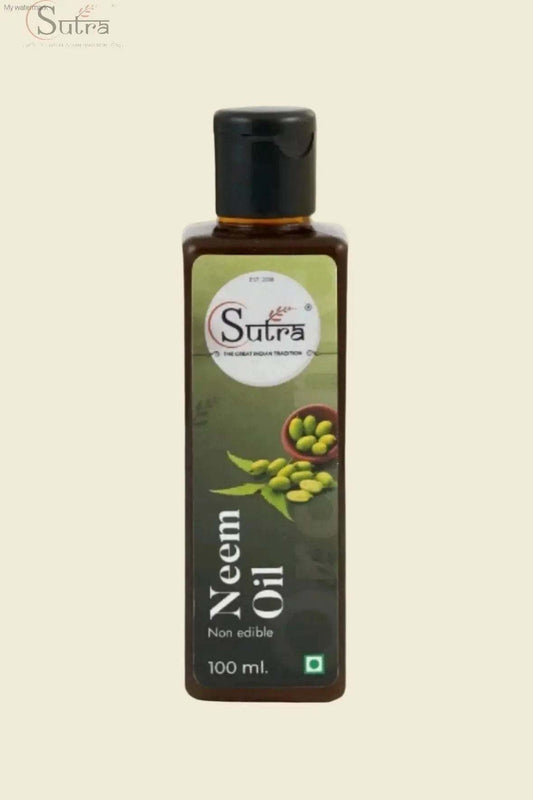Wooden Stone Pressed Oils for Cooking
-
Virgin Groundnut Oil – Cold Pressed Peanut Oil for Cooking & Wellness
Vendor:Ecovale India Private LimitedRegular price From Rs. 234.00Regular priceUnit price perRs. 234.00Sale price From Rs. 234.00 -
Cold Pressed Virgin Coconut Oil – Pure & Fresh
Vendor:Ecovale India Private LimitedRegular price From Rs. 203.00Regular priceUnit price perRs. 203.00Sale price From Rs. 203.00 -
Cold Pressed Kalonji Oil / Black Seed Oil / Karunjeeragam Oil – Wooden Ghani Extracted
Vendor:Ecovale India Private LimitedRegular price From Rs. 145.00Regular priceUnit price perRs. 161.00Sale price From Rs. 145.00Sale -
Wooden Cold Pressed Coconut Oil – Pure, Natural & Fresh
Vendor:Ecovale India Private LimitedRegular price From Rs. 140.00Regular priceUnit price perRs. 147.00Sale price From Rs. 140.00Sale -
Wooden Cold Pressed Safflower Oil – Pure & Light Cooking Oil
Vendor:Ecovale India Private LimitedRegular price From Rs. 381.00Regular priceUnit price perRs. 449.00Sale price From Rs. 381.00Sale -
Cold Pressed Castor Oil – Natural Remedy for Hair, Skin & Wellness
Vendor:Ecovale India Private LimitedRegular price From Rs. 105.00Regular priceUnit price perRs. 110.00Sale price From Rs. 105.00Sale -
Badam / Almond Oil (Wooden Cold Pressed) – Edible & Multipurpose
Vendor:Ecovale India Private LimitedRegular price From Rs. 222.00Regular priceUnit price perRs. 247.00Sale price From Rs. 222.00Sale -
Premium Cold Pressed Sunflower Cooking Oil – Light & Heart Healthy
Vendor:Ecovale India Private LimitedRegular price From Rs. 278.00Regular priceUnit price perRs. 292.00Sale price From Rs. 278.00Sale -
Wood Cold Pressed Niger Seed Oil – Pure Cooking Oil
Vendor:Ecovale India Private LimitedRegular price From Rs. 193.00Regular priceUnit price perRs. 228.00Sale price From Rs. 193.00Sale -
Cold Pressed Mustard Oil – Kachi Ghani (Wood Pressed) for Cooking & Wellness
Vendor:Ecovale India Private LimitedRegular price From Rs. 154.00Regular priceUnit price perRs. 154.00Sale price From Rs. 154.00 -
Premium Extra Virgin Olive Oil for Authentic Italian Cooking
Vendor:Ecovale India Private LimitedRegular price From Rs. 179.00Regular priceUnit price perRs. 199.00Sale price From Rs. 179.00Sale -
Cold Pressed White Sesame Oil (Til Oil) – Wooden Ghani Extracted
Vendor:Ecovale India Private LimitedRegular price From Rs. 208.00Regular priceUnit price perRs. 219.00Sale price From Rs. 208.00Sale -
Wooden Cold Pressed Flaxseed Oil – Rich in Omega-3 & Plant Nutrition
Vendor:Ecovale India Private LimitedRegular price From Rs. 144.00Regular priceUnit price perRs. 144.00Sale price From Rs. 144.00 -
Hot Pressed Groundnut Oil – 100% Pure & Natural | Sutrakart
Vendor:Ecovale India Private LimitedRegular price From Rs. 318.00Regular priceUnit price perRs. 374.00Sale price From Rs. 318.00Sale -
Wooden Cold Pressed Walnut Oil – Edible Grade
Vendor:Ecovale India Private LimitedRegular price From Rs. 154.00Regular priceUnit price perRs. 162.00Sale price From Rs. 154.00Sale -
Cold Pressed Neem Oil / Margosa Oil – Natural Solution for Hair, Skin & Plants
Vendor:Ecovale India Private LimitedRegular price From Rs. 148.00Regular priceUnit price perRs. 140.00Sale price From Rs. 148.00
Wooden Stone Pressed Oils for Cooking
Why Traditional Oils Are Best for Daily Cooking
Wooden stone pressed oils, extracted through the age-old ghani method, are gaining immense popularity among health-conscious cooks in India. These oils are extracted without applying heat, ensuring that all the natural nutrients, antioxidants, and flavors are preserved. In contrast to refined oils, which undergo chemical processing and high-temperature treatment, traditional cold pressed oils retain their wholesome goodness.
Daily cooking with wooden stone pressed oils not only enhances the flavor of food but also contributes to better digestion, heart health, and overall wellness. Oils like groundnut, sesame, coconut, and mustard—when cold pressed—are ideal for sautéing, tempering, deep frying, and baking.
Unlike industrially refined oils that use hexane and preservatives, naturally extracted oils contain zero additives. They’re rich in omega fatty acids and fat-soluble vitamins like A, D, E, and K. These nutrients support cellular repair, reduce inflammation, and boost immunity when included in regular meals.
Families across India are switching back to these ancient methods for cooking because they offer both health and flavor. Whether it’s a tadka for your dal or deep-fried pakoras, the use of wooden stone pressed oils adds authenticity and nutrition to traditional recipes.
Another advantage is their versatility. From South Indian coconut oil to North Indian mustard oil, each variant caters to regional cuisine and cultural preferences. The taste and aroma of wooden pressed oils make them not only functional but also a culinary delight.
In daily cooking, using oils that are free from synthetic chemicals, colorants, and artificial fragrances is a step toward sustainable wellness. By choosing ghani-extracted oils, you’re investing in your health and supporting traditional practices that are eco-friendly and ethical.
Nutritional Retention in Wooden Ghani Oils
The traditional wooden ghani setup involves a long wooden pestle and mortar system powered by bulls or slow-moving electric motors. This method ensures that the oil is extracted at low temperatures, usually below 45°C. As a result, the essential nutrients in the seeds—like tocopherols (Vitamin E), phytosterols, and polyunsaturated fats—are preserved.
Cold pressing avoids thermal degradation, making these oils naturally rich in flavor and therapeutic properties. This is particularly crucial when cooking for families, as synthetic oils can cause oxidative stress, while natural oils protect cells from damage.
Wooden stone pressed oils also maintain the chlorophyll content and natural color of the seeds, which act as natural antioxidants. These components are often destroyed during refining, bleaching, or deodorizing processes in commercial oils.
Scientific studies have confirmed that cold-pressed oils retain higher amounts of natural polyphenols and sterols—compounds that are known to lower cholesterol and improve cardiovascular function. Regular consumption of these oils helps manage weight and reduce the risk of diabetes.
Whether you're cooking curries, stir-fries, or rice dishes, the nutrient profile of the oil makes a significant difference. Wooden ghani oils are not just a cooking medium—they're a functional food that heals from the inside out.
Moreover, these oils are safe for children and the elderly due to their clean extraction process. No preservatives, no hexane, no heavy metals—only pure goodness in every drop.
Smoke Point, Flavor & Cooking Benefits
Smoke point refers to the temperature at which oil begins to smoke and break down, producing harmful free radicals. Wooden stone pressed oils have moderate smoke points, ideal for traditional Indian cooking methods like sautéing, frying, and tempering.
Cold pressed groundnut oil, for instance, has a smoke point of ~160-170°C, making it great for deep-frying samosas or papads. Sesame oil is excellent for making chutneys, pickles, and South Indian tempering. Coconut oil works wonders in coastal cuisine, imparting a sweet nutty aroma to curries and stews.
One of the standout features of wooden pressed oils is their authentic taste. Since these oils are not deodorized or chemically stripped, they retain the earthy and rich flavor of the seeds. This adds depth and character to home-cooked meals.
Cooking with traditional oils is also known to enhance nutrient absorption from food. Vitamins like A, D, E, and K are fat-soluble and require healthy fats for effective absorption. Wooden ghani oils fulfill this role perfectly.
Moreover, these oils do not foam or froth during frying—an indication of purity and stability. They remain fresh for longer when stored in cool, dry places in glass or steel containers. This makes them a safer and more sustainable choice in the long run.
Using the right cooking oil can elevate your dish from good to great. By selecting cold pressed wooden oils, you not only get enhanced flavor but also protect your family from the long-term risks of consuming refined oils.
Best Cold Pressed Oils for Indian Recipes
India’s culinary heritage is rooted in regional diversity, and so is the choice of oils. Wooden stone pressed oils meet the requirements of every traditional cuisine:
- Groundnut Oil: Perfect for deep-fried items like pakoras, vadas, and poories. Adds a nutty richness to dals and gravies.
- Sesame Oil: Essential in Tamil and Andhra cooking, especially for puliyodarai, dosas, pickles, and spicy chutneys.
- Coconut Oil: Best for Kerala and Mangalorean cuisine. Excellent in fish curry, avial, and even baking.
- Mustard Oil: Traditional in Bengali and Punjabi recipes. Gives an unmistakable zing to fish curries, parathas, and saag.
All these oils, when wooden cold pressed, retain their natural aroma, flavor, and nutrition. They are highly stable for medium-heat cooking and enhance the texture of the food.



